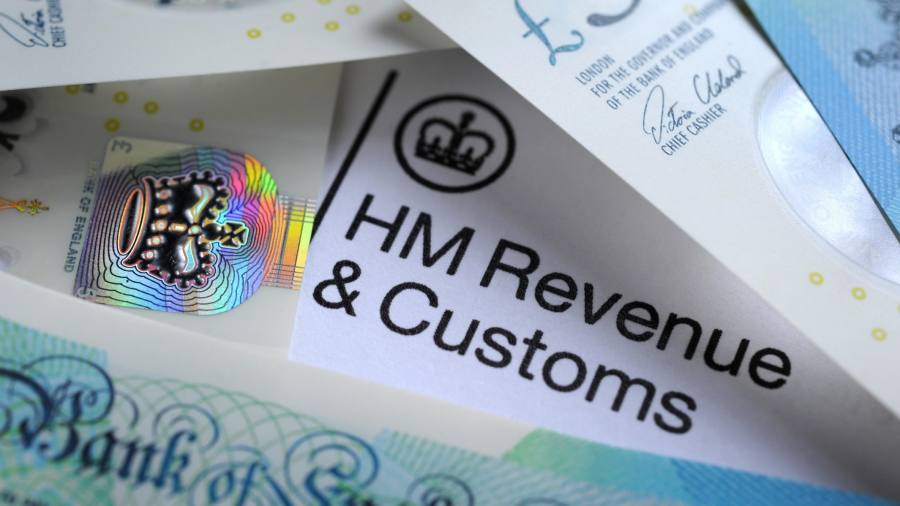
The UK tax authority has written to hundreds of people named in one of the biggest leaks of financial information, warning them of penalties if they do not verify that they have paid in full what they owe.
In letters sent on Monday, HM Revenue & Customs told individuals named in the 2021 Pandora Papers, which showed how some of the world’s wealthiest people had used offshore tax havens to store and move money, to check that they had informed it of all their UK tax liabilities from overseas income or gains.
The agency told recipients of its letter that they had 30 days to report any outstanding tax payments and cautioned that people who did not meet the deadline could face penalties, including a fine of up to 200 per cent of any amount due and prosecution.
HMRC’s warning follows official estimates putting the amount lost by the UK to tax fraud annually at roughly £10bn. That figure represents almost one-third of the “tax gap”, defined as the difference between taxes owed and paid.
Consisting of 11.9mn documents leaked to the International Consortium of Investigative Journalists from 14 offshore financial services companies, the Pandora Papers focused on the use of offshore trusts and shell companies by the super-rich and political classes.
The disclosures included the names of dozens of world leaders and prompted renewed calls for tax authorities worldwide to curb offshore evasion following the 2016 Panama Papers, the first big data leak.
Kirsty Telford, deputy director for offshore at HMRC’s risk and intelligence service said: “Tax evasion is increasingly global and so is HMRC’s reach, accessing data and intelligence through international collaboration.
“Our message to users of these financial services is to be honest and pay the tax you owe; the reputational and financial damage if you don’t can be significant and long-lasting.”
HMRC said it had started to review its internal data on individuals, as soon as the Pandora Papers were released. It added that while it was continuing to review data from the disclosures and may investigate some tax records further, people did not need to take action if they believed their tax affairs to be up to date.
In July 2022, the UK tax authority announced plans to publish estimates of the amount of tax evaded by UK residents holding money offshore. The move followed criticism for its failure to estimate what proportion of foreign financial accounts have been properly disclosed.